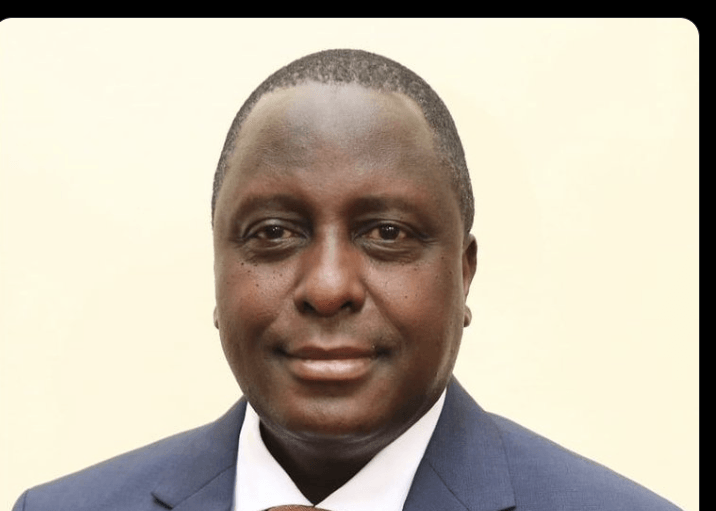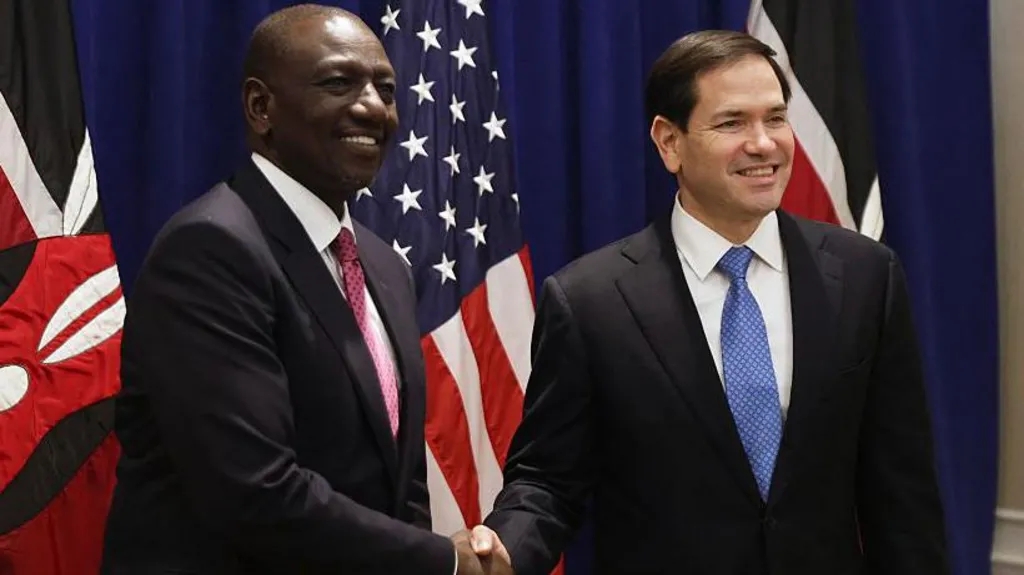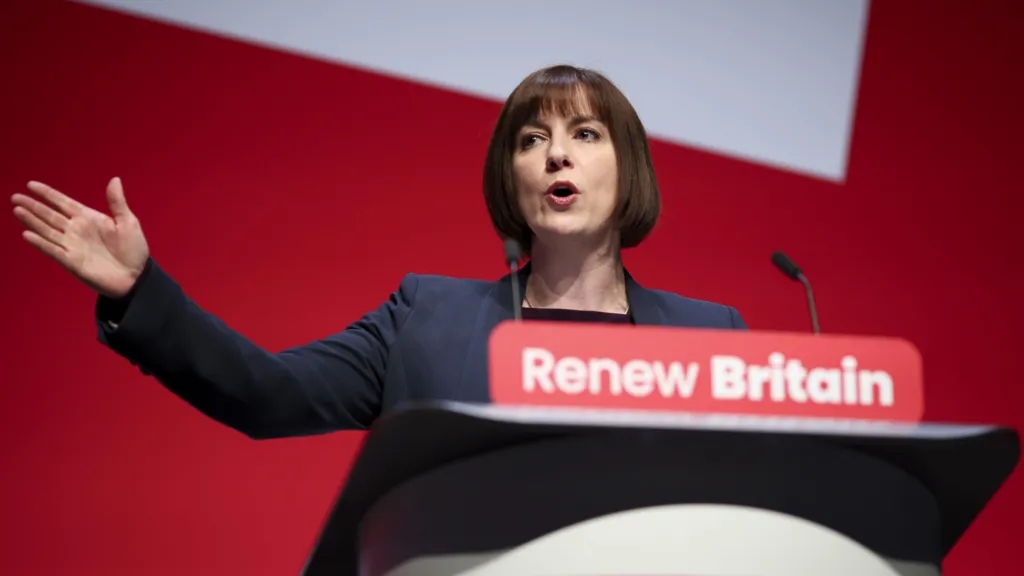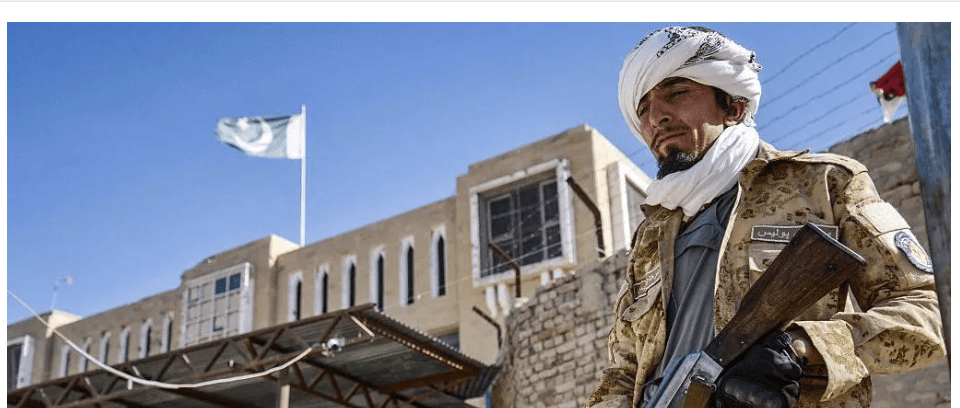The world celebrated in 2014 when Botswana, then in the hands of the former President Ian Khama, a keen conservationist, imposed and implemented a ban on hunting.
This was to deter poaching after surveys had shown declining wildlife populations.
However, that celebration has been brought to a halt after the southern African nation shocked the world last Wednesday by announcing it was scrapping the hunting ban, which had been in place for only five years to resume hunting in "an orderly and ethical manner" following a review of its conservation policy.
The post further said that Botswana’s local authorities, affected communities, NGOs, tourism operators and conservationists had been extensively consulted.
That decision has already triggered a plethora of angry reaction from conservationists, warning that continent-wide and international efforts to stop the illegal ivory trade are likely to suffer. And if this was to happen, it would have a catastrophic effect on elephants across Africa.
Dan Bucknell, the executive director of Tusk, the Duke of Cambridge's conservation charity, called the move ‘sad and disappointing.’
"We fully understand that human-elephant conflict is a very real and growing problem for rural communities across much of Africa, but there are many effective approaches that can be taken to prevent it and protect people and their livelihoods,” he said.
Elephant expert and WildlifeDirect CEO Dr Paula Kahumbu wrote, “There is no such thing as ‘ethical hunting.’ It is an oxymoron.” “The whole world is turning away from hunting. It is increasingly seen as an archaic practice. This is very, very damaging to the image of Botswana as a global leader in elephant conservation,” She added.
Kahindi Lekalhaile, chief operations director for Africa Network for Animal Welfare (ANAW) speaking to BBC, said of the ban lifting, “In an African context, the idea to lift the hunting ban in Botswana is misguided, unfortunate and misinformed. The message the action sends across the continent is that hunting will solve most of the human-wildlife problems that affect African society, and that is not true.”
Kitty Block, president and CEO of the Humane Society of the United States and Humane Society International had this to say, "What a shame that Botswana, previously hailed as a shining example of wildlife conservation and a haven for elephants, has opted to become a promoter of trophy hunting. Co-existence between wild animals and communities is the only way that wildlife populations will survive. We implore Botswana's government to think, again."
A recent elephant census by Elephants Without Borders showed that Botswana hosts the biggest number of African savanna elephants with about 130,000 herds, around one-third of the continent's population, and the highest number of the elephant population in the world.
The main justification for lifting the hunting ban has been the supposedly increasing levels of Human-Wildlife Conflict, particularly involving elephants. There is no doubt that HWC is a real problem to the people living with wildlife on a day to day basis and this indeed, needs to be addressed.
However, there is no research-based evidence that suggests HWC is increasing. Furthermore, trophy hunting can never and should never have such an impact on elephants or other wildlife densities that it would reduce HWC. Communities should be assisted in finding better and more sustainable ways to deal with elephants and other wildlife.
Trophy hunters will say that Africa’s wildlife is worth the thousands of dollars paid to kill them which is later pumped into conservation. But imagine what would happen if a single tourist came to Botswana and spent some money shooting its wildlife with a camera and not a gun.
The animals would survive to see another day, and the number of tourists who would spend more money in the country, just to come and see them and their subsequent offspring, would be great.
Indeed, studies have shown that only three to five per cent of the income from such hunts ends up benefitting the locals. There are much better ways to earn this kind of money; revenue from nature tourism, where the animal is not killed, brings in three to 15 times what is generated through trophy hunts in Africa.
And so, to Botswana, this is a historic moment: Aside from gaining your country huge disrepute by resuming hunting, it will also go against the very fibre of what you have been trying so hard to achieve; the protection and good management of the last wild species within your borders. Good people of Botswana, please, think, again.
The writer is a Senior Communications Officer, Africa Network for Animal Welfare (ANAW)
















